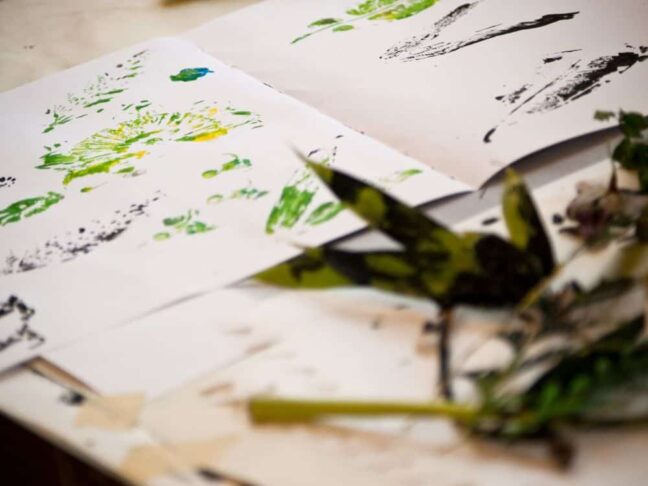In an era defined by growing environmental consciousness and a pressing need for sustainable solutions, the world of art is undergoing a profound transformation. Artists, creators, and innovators are increasingly embracing eco-conscious practices, reimagining traditional mediums, and exploring innovative techniques to minimize their environmental footprint and advocate for a more sustainable future. From upcycled sculptures to eco-friendly installations, environmentally sustainable art is not only redefining artistic expression but also inspiring meaningful dialogue and action on pressing environmental issues.
The Intersection of Art and Sustainability:
At its core, environmentally sustainable art represents the intersection of creativity and environmental stewardship. It encompasses a diverse range of practices and mediums that prioritize ecological integrity, resource conservation, and social responsibility. From utilizing recycled materials and natural pigments to incorporating renewable energy sources and promoting environmental education, sustainable artists are pioneering new ways to engage with audiences while minimizing their impact on the planet.
Redefining Traditional Mediums:
Omar Hussain Chicago: One of the hallmarks of environmentally sustainable art is its ability to reimagine and repurpose traditional artistic mediums in innovative ways. Instead of relying on conventional materials like oil paints and acrylics, sustainable artists often seek out eco-friendly alternatives such as water-based paints, plant-based dyes, and natural pigments sourced from organic materials. By embracing these sustainable alternatives, artists not only reduce their reliance on harmful chemicals and pollutants but also create artworks that resonate with themes of environmentalism and conservation.
Upcycling and Repurposing:
Central to the ethos of environmentally sustainable art is the practice of upcycling and repurposing materials that would otherwise end up in landfills or contribute to environmental degradation. From discarded plastics and scrap metal to old electronics and reclaimed wood, artists are finding creative ways to transform waste into works of art. By giving new life to discarded materials, these artists not only divert waste from landfills but also raise awareness about the environmental impact of consumer culture and the importance of resource conservation.
Eco-Friendly Installations:
In addition to reimagining traditional mediums, environmentally sustainable artists are also pioneering the creation of large-scale installations and public artworks that promote eco-consciousness and environmental activism. From interactive sculptures powered by renewable energy to immersive installations made from recycled materials, these artworks serve as powerful reminders of the interconnectedness of humanity and the natural world. By engaging with audiences in public spaces, these installations spark conversations, provoke thought, and inspire action on pressing environmental issues.
Promoting Environmental Education:
Beyond creating visually stunning artworks, environmentally sustainable artists also play a crucial role in promoting environmental education and raising awareness about pressing ecological challenges. Through artist talks, workshops, and educational programs, these artists engage with audiences of all ages, imparting knowledge about sustainability, conservation, and the importance of living in harmony with nature. By leveraging their platform as artists, they inspire individuals to take action in their own lives and communities, whether through recycling efforts, energy conservation measures, or advocacy for environmental policies.
Collaborative Initiatives and Community Engagement:
The power of environmentally sustainable art lies not only in its individual creations but also in its ability to catalyze collaborative initiatives and community engagement. Across the globe, artists, environmental organizations, and community groups are coming together to undertake collaborative projects that address local environmental challenges and promote sustainable practices. From community art installations that highlight local ecosystems to collaborative murals that celebrate biodiversity, these initiatives foster a sense of collective responsibility and empower communities to take ownership of their environmental future, says Omar Hussain Chicago.
As the world grapples with the urgent need for environmental action, environmentally sustainable art emerges as a powerful catalyst for change, creativity, and consciousness-raising. By redefining traditional mediums, embracing upcycling and repurposing, and promoting environmental education, sustainable artists are reshaping the artistic landscape and inspiring meaningful dialogue and action on pressing environmental issues. As we navigate the complexities of the 21st century, let us embrace the transformative potential of environmentally sustainable art to create a more just, equitable, and sustainable world for future generations.
